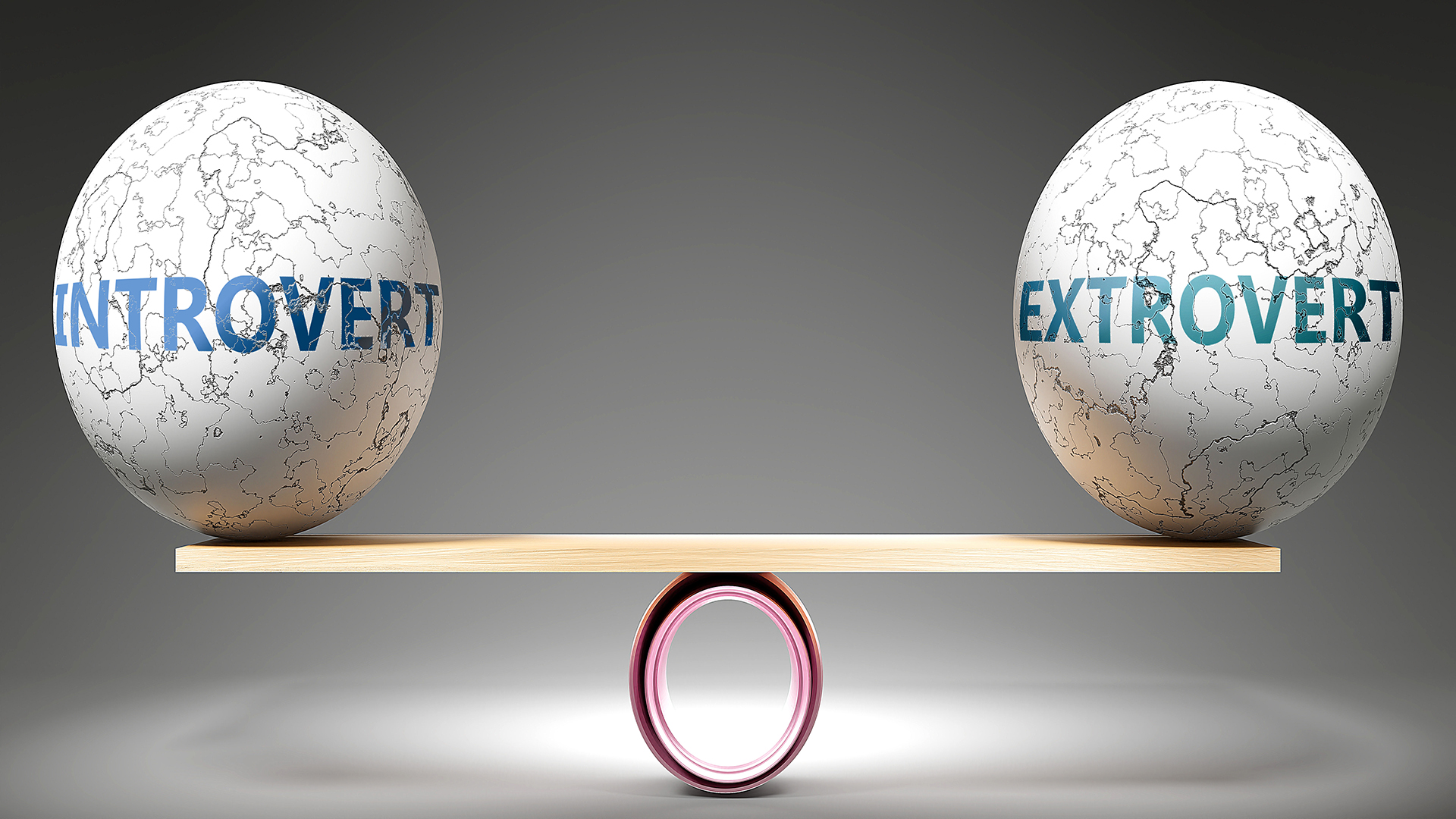It’s a common practice that most companies will interview you at least twice as part of their recruitment process.
The first interview (sometimes known as a screening interview) will most likely be with someone from the HR Department, a Manager or a Recruiter working with or for that company.
It’s usually a non-technical interview with you being assessed on how your personality might fit within their company’s culture (the company’s personality’) and that you are who you say you are.
Get through this, and you are onto the second or sometimes third interview with one or more Principals talking about all things technical. You are more in your comfort zone and feeling better within yourself.
Given a choice, I suspect that quite a few of our Geotechnical Engineer and Geologist readers would be happy to skip the screening interview and go straight into the technical discussion.
In this article I want to share some of my tips and experience to help you through the screening interview if you are worried that your introversion might hinder you.
One significant difference between extroverts and introverts is the amount of external stimulus it takes an individual to reach a saturation point in their somatic nervous system.
Your somatic nervous system consists of nerves that go to the skin and muscles and is involved in conscious activities, whereas the autonomic nervous system is responsible for unconscious actions. The somatic nervous system controls movement (nearly all voluntary muscle movements) and sensory input (hearing, smell, taste and touch)*.
An example of the somatic nervous system at work is when you pull your hand away after touching a hot stove—your reflex.
Interviews are likely to be full of stimulation. Introverts typically need less stimulus to reach saturation point than extroverts do. Your challenge is how to deal with the additional stimulus.
Employers value candidates who are flexible enough to get along well with a variety of personalities and work styles. Demonstrating that you can flex your personality when you need to or to be self-aware when you can’t and have work arounds is really what they are looking for.
Here are some general interview tips.
- Don’t talk technical if your interviewers aren’t technical.
- Avoid being blunt or critical about employers, clients, projects, colleagues, and the way things are done.
- If your interview is online set a background or blur yours.
- Dress appropriately for the meeting. If you are not sure ask someone close to you if what you are wearing looks ok (same for everyone).
- Be prepared as you can for the interview and take some time the day before to stop and think about it.
- Ask for a position description in advance if that helps.
- Do some research on the company before the meeting.
- Have some examples of how you have worked with clients.
- Think about how you have helped other people in your previous workplace by working with them one on one.
- Have an answer to the salary expectation question.
- Be mindful of your body language.
The last phase of your interview is when you can ask questions. Having questions, you want to ask is one of the most critical stages of your interview, and it is your chance to finish strong. It’s also an opportunity to see if this is the type of company you want to work for. Write them down and have them with you.
Here are my top five questions.
1. It’s important for me to know what’s expected of me. How would you work with me on that?
2. Who would be my direct report
3. How often is there a conversation with staff about progression within the company.
4. We all work very hard at work, and I want to my contribution to count. What’s the mission/purpose of the company. What are we fighting for.
5. What opportunities do you offer staff to learn and grow.
Interviews don’t have to be daunting, and the experience shouldn’t prevent you from chasing your next career move.
* Howard J. and Howard P. (2010), The Owner’s Manual for Personality at Work. Printed in the US.

